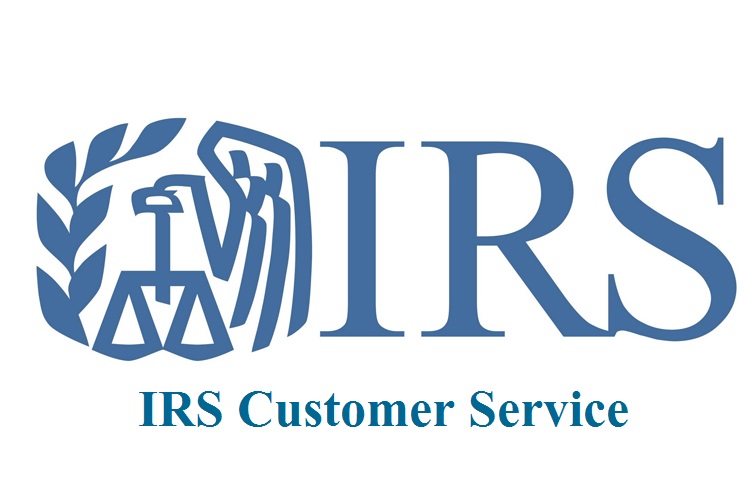Internal Revenue Service Federal agency IRS Phone Number for the IRS including IRS headquarters address, IRS Phone Number, and IRS Near Me. The number in this post is for the United States residential. We hope that you are satisfied to have found the details about this number. IRS in addition to the IRS Customer Care Number: 1 319-846-4140.
The Internal Revenue Service (IRS) is the revenue agency for the US federal government of the US. The IRS is a bureau within the Department of Treasury, and is under the direct direction by the commissioner of IRS who is appointed for a term of five period by the president of the US. The Internal Revenue Service is responsible for collecting taxes on all taxpayers and managing taxes under the IRS Code, the main source of the federal statutory tax law in the United States of America.
Internal Revenue Service Statutory body
Category: Revenue services
Phone Number: 800-829-1040
Headquarters: Washington, D.C., USA.
Founded: 1862, United States
Employees: 74,454, (2019)
Website: www.irs.gov
IRS Customer Service Number
There’s been a time when you have to talk to someone at the IRS to discuss a tax issue and are struggling to get an actual person to answer the phone. It’s frustrating. We’re here to help stay clear of this issue and find answers to your tax issues promptly. No matter if you’re calling the tax check number or the general IRS phone number, you’ll need an actual person.
Customer Service: 800-829-3009
Phone Number: 800-829-0582
Business Accounts: 800-829-0115
Tax Professionals: 800-829-8374
Collections Department: 800-829-3903
Customer Service: 800-829-0922
Federal Payment Levy Program: 800-829-7650
Refund Hotline: (800) 829-1954
Business and Specialty Tax Line: (800) 829-4933
Wage & Income Transcript: 800-908-9946
About IRS
The Internal Revenue Service (IRS) is the revenue agency that is part of the United States federal government, that is charged with tax collection and administration of the Internal Revenue Code, the principal element of the federal tax law. The IRS is situated within the Department of the Treasury and overseen by the commissioner of Internal Revenue, who is appointed for a term of five years by the president of the United States.
The responsibilities of that IRS include providing tax aid to taxpayers; investigating and resolving issues with incorrect or false tax returns; and overseeing various benefit programs, such as those under the Affordable Care Act. The IRS originated from its predecessor, the Commissioner of Internal Revenue, a federal office that was established in 1862 in order to collect the nation’s first income tax in order to finance the American Civil War.
The measure was temporary and covered over five percent of the Union’s war expenses, before being permitted to expire 10 years later. In 1913, it was in 1913 that the Sixteenth Amendment to the U.S. Constitution was adopted, allowing Congress to establish an income tax, which was the reason in 1913, the Bureau of Internal Revenue was created.
Then, in 1953 the bureau was changed to The Internal Revenue Service, and over the years underwent numerous changes and restructuring, especially in the late 1990s. In July 1862 during the American Civil War, President Abraham Lincoln and Congress passed the Revenue Act of 1862, making the position of Director for Internal Revenue and enacting a temporary income tax in order to pay for war-related expenses.
It was the Revenue Act of 1862 was adopted as an emergency, temporary wartime tax. It mirrored a fairly modern British tax system for income rather than property and trade taxation. It was the first tax on income that was enacted in 1862.


